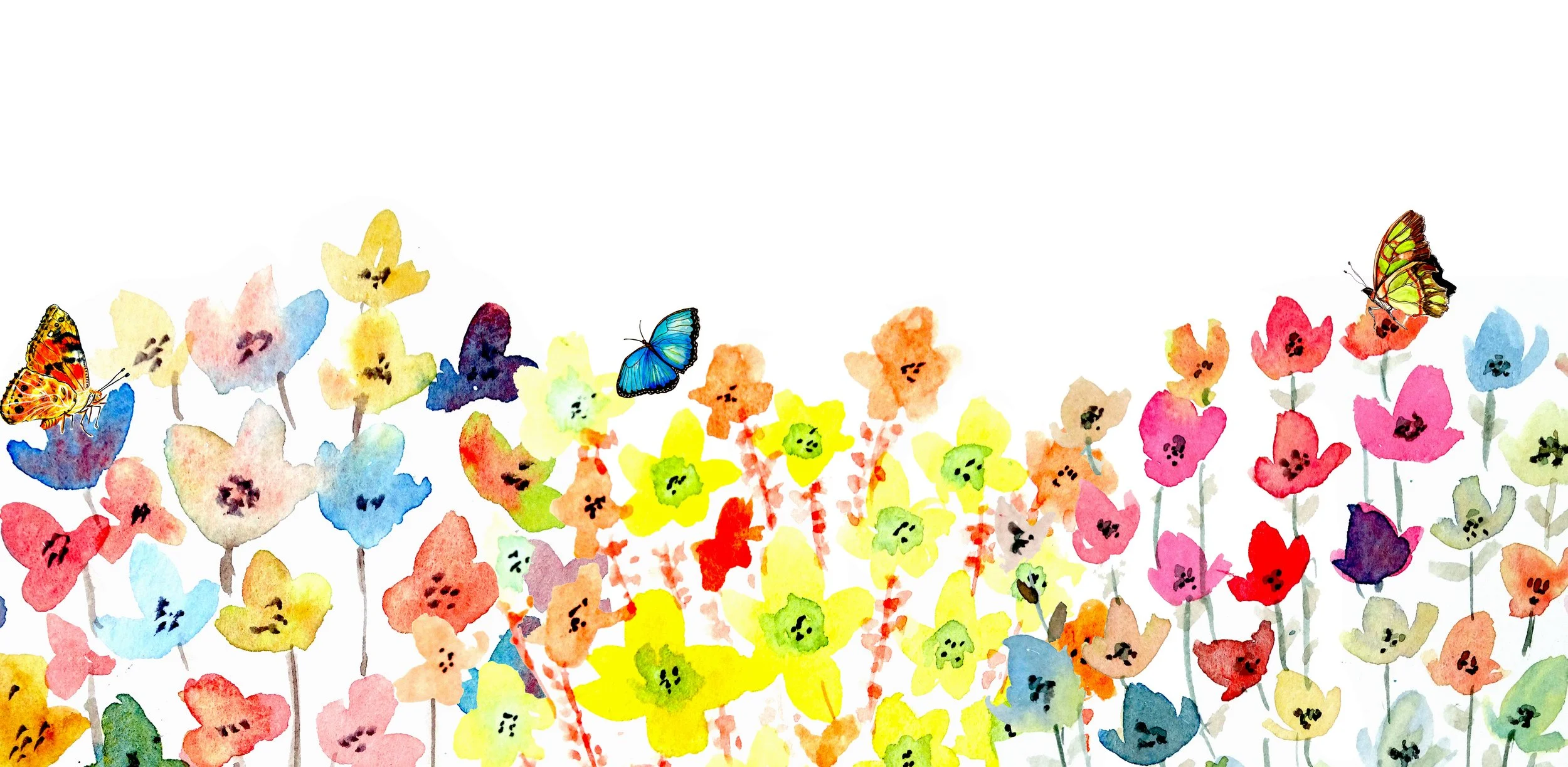Definition (adjective, pronoun or adverb) - every one of two or more regard separately, or to, for or by every one of a group.
An original short word story posted 21 August 2023
Each
They all had to be dug up. It would be nice to say that this was planned for, anticipated or even expected. It was not. The belief had been that they would remain right there, undisturbed, for a considerable time to come.
Each of the volunteers faced this testing time differently. Some embraced it and sought to enlist helpers, to manage the situation, control the outcome. Others hoped that it would all go away if ignored and that procrastination would carry the day. A few had no idea how they felt about it and hoped enlightenment would wash over them at some point.
It was important that they were all part of this process as the Hill was left in-trust to each of them, for each of them to protect, for each of them to cherish. Their forefathers had been down-right dedicated to ensuring that all could be accommodated, that all could be buried here.
Regardless, the task loomed in front of them.There were many meetings, and informal gatherings, where advice from experts was given and interpretations of the expert advice debated. You could never say that there was not plenty of consultation.
However, consultation did not lead to agreement and time was running out. The seasonal weather dictated that aspect of things. The planners amongst them emphasised this fact continuously, their frustrations growing with each unheeded pronouncement.
Volunteers are notoriously difficult to herd as there is little to hold over them and even less to threaten them with. There is helping out, and then there is hard work, which they each agreed was a different beast altogether.
They could raise funds and get a contractor to do the digging. An appealing suggestion until some voiced that this was for them to actually do, not oversee. They had an obligation that using an outsider would break. Besides, the young people could use it as an excuse in times to come, when it was their turn to be volunteers. Best not to set a poor example.
The days passed, summer was saying its farewell and the autumn rains threatened. Still no one was prepared to start the unearthing. Some amongst them were keen but not inclined to be taken advantage of. They contemplated making a start and seeing who joined in. That idea soon lost momentum when there were no offers to even gather up the tools or fuel the tractor.
The first of the autumn water arrived, drizzling unannounced but still noticed. Each of them started doing the calculations, how many of them, how many days digging, how many days left. The ensuing panic was unbecoming and unproductive, even more so than the preceding apathy had been.
It was just too hard.
Then, as the days visibly shortened and chilled, the young ones turned up. With no knowledge of machinery they bought with them a horse and cart and plenty of shovels. One for each of them.
They started at the top of the Hill, turning the earth gently, finding their way, working with method and care. They found them, dug them up, placed them on the cart and, guiding the horse gently, took them downhill. Not many were found that first day, or the next. Still, the young people persevered and by the end of the week they succeeded in clearing what they thought was half of them.
The following week it bucketed down, water sheeting off the ground ankle deep. It seemed time had beaten them. Not so because as soon as the storm passed they came back, in long boots and coats of all colours. Colours bright and vibrant, favourite colours, a portent of what each hoped was to come.
The ground was only weeks away from turning intractable when they got the last of them up. Now, to plant them back under the earth. The horse started back up the hill with the precious load. The youths and children followed, each with a rake in their hands. It took the day, from sunrise to sunset, to put them back, shallower and evenly spread out, safe now.
The old volunteers were beside themselves. Disbelief, concern and culmany raged unfettered amongst them. This mutiny, this slight, would never be forgotten. Criticism was plentiful. Most of it was heavy with pessimism and directed unashamedly towards the young usurpers. Winter was a bitter and nervous time.
Only with spring would there be certainty and relief.
As the days warm, and the ground firms, each of them watch for the signs of green returning to pastures after winter's dismal washout hues. But, in particular, all eyes search the sweep of the Hill.
When will the bulbs, the last of their kind, shoot?
Go to the blog post for this story here


